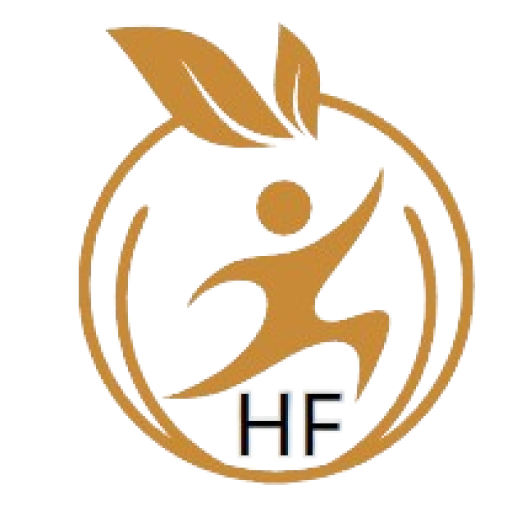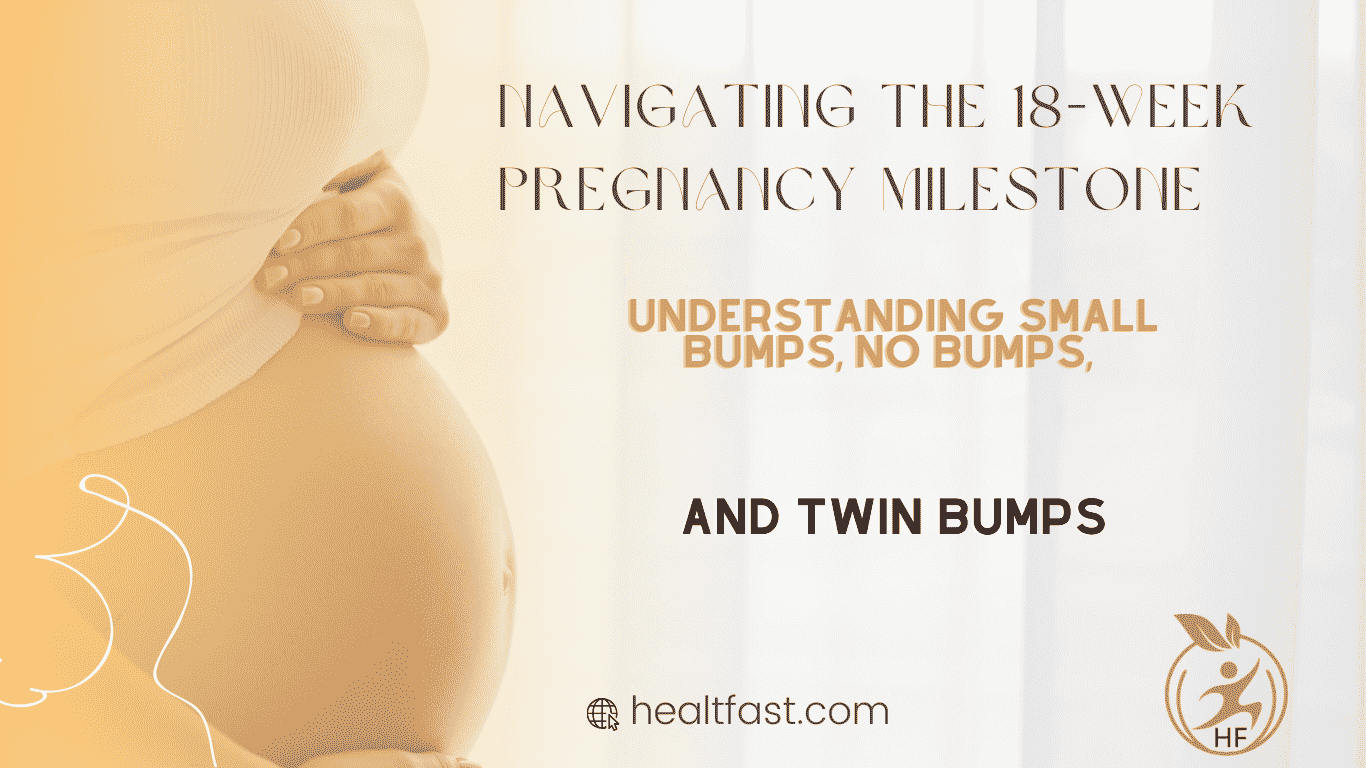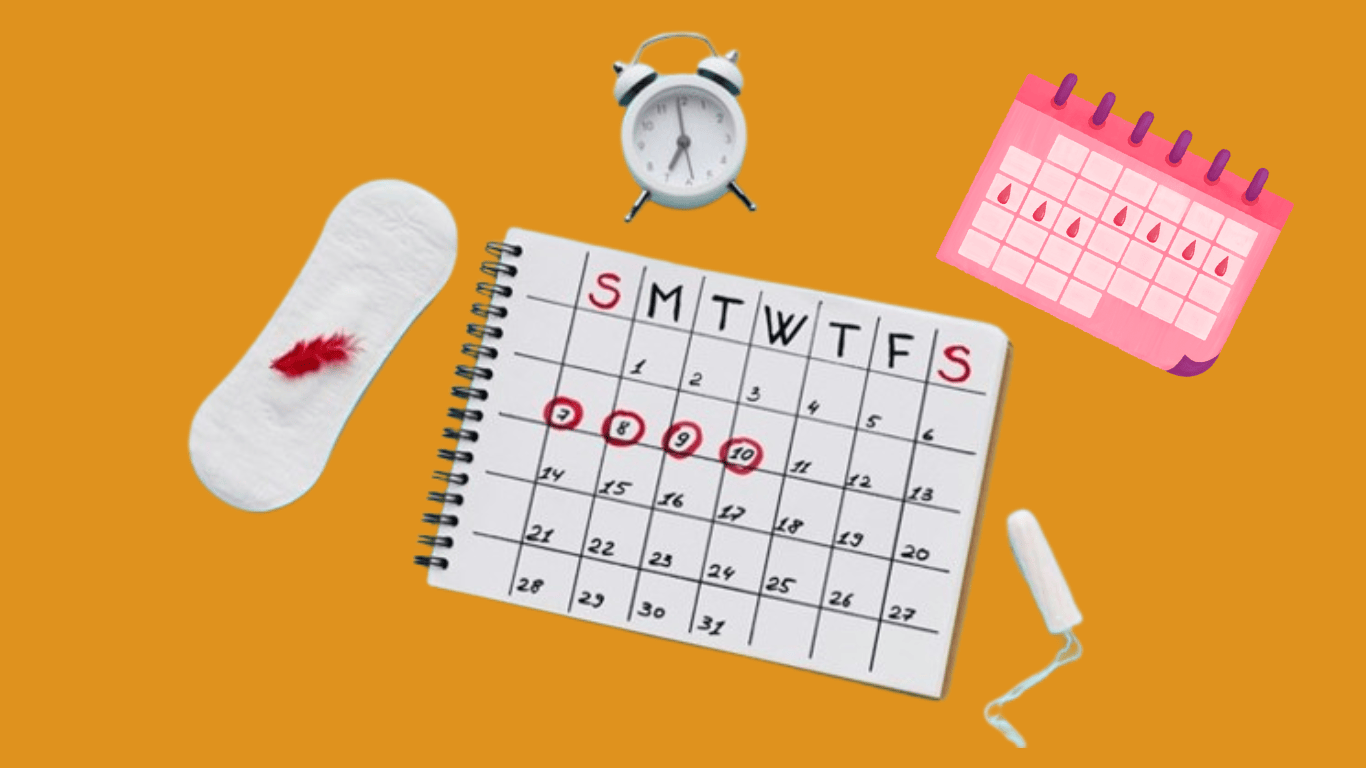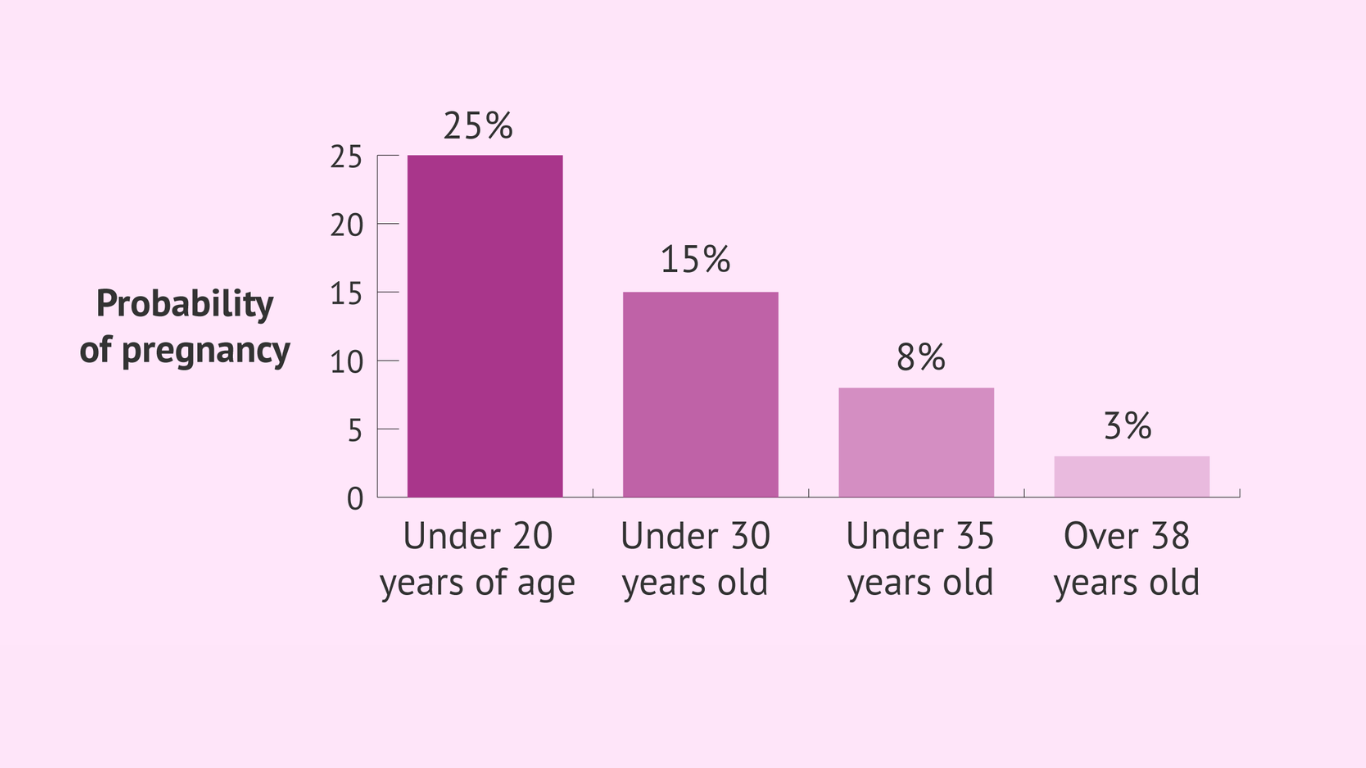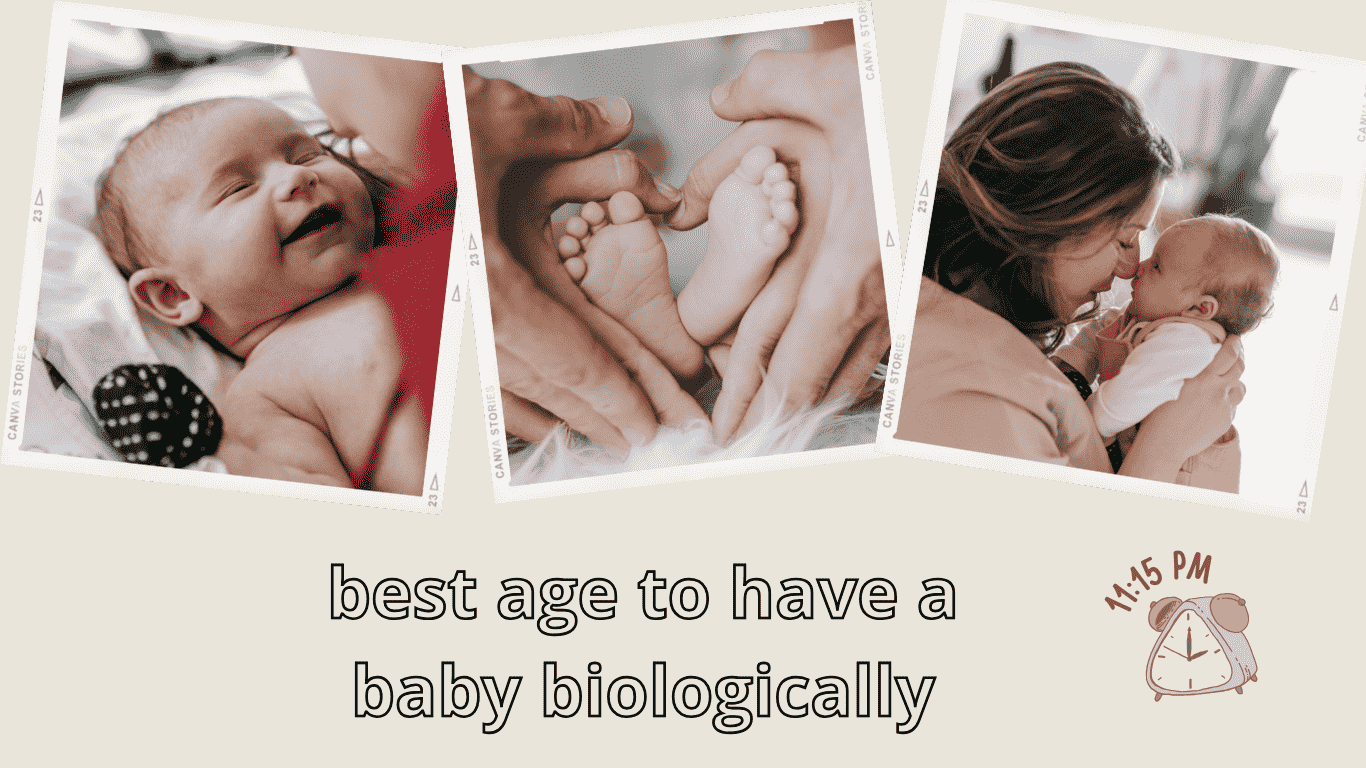There has been a discernible rise in the number of women who decide not to have children right now for a variety of social, professional, or personal reasons. In addition to reflecting changing social standards and the development of reproductive technologies, this trend highlights some medical complications, most notably those related to older pregnancies.
Pregnancies in women 35 years of age and older are referred to as geriatric pregnancies, and they present different dangers and obstacles than pregnancies in younger women. As such, it is critical for expectant moms and healthcare professionals to be aware of the difficulties related to geriatric pregnancy.
Advanced Maternal Age and Its Implications
One of the primary concerns associated with geriatric pregnancy is the increased risk of various medical conditions and pregnancy complications. Gestational diabetes, high blood pressure, preeclampsia, and placental abnormalities are associated with higher rates in older mothers. These conditions not only jeopardize the health of the mother but also pose potential risks to the developing fetus.
Genetic Considerations and Birth Defects
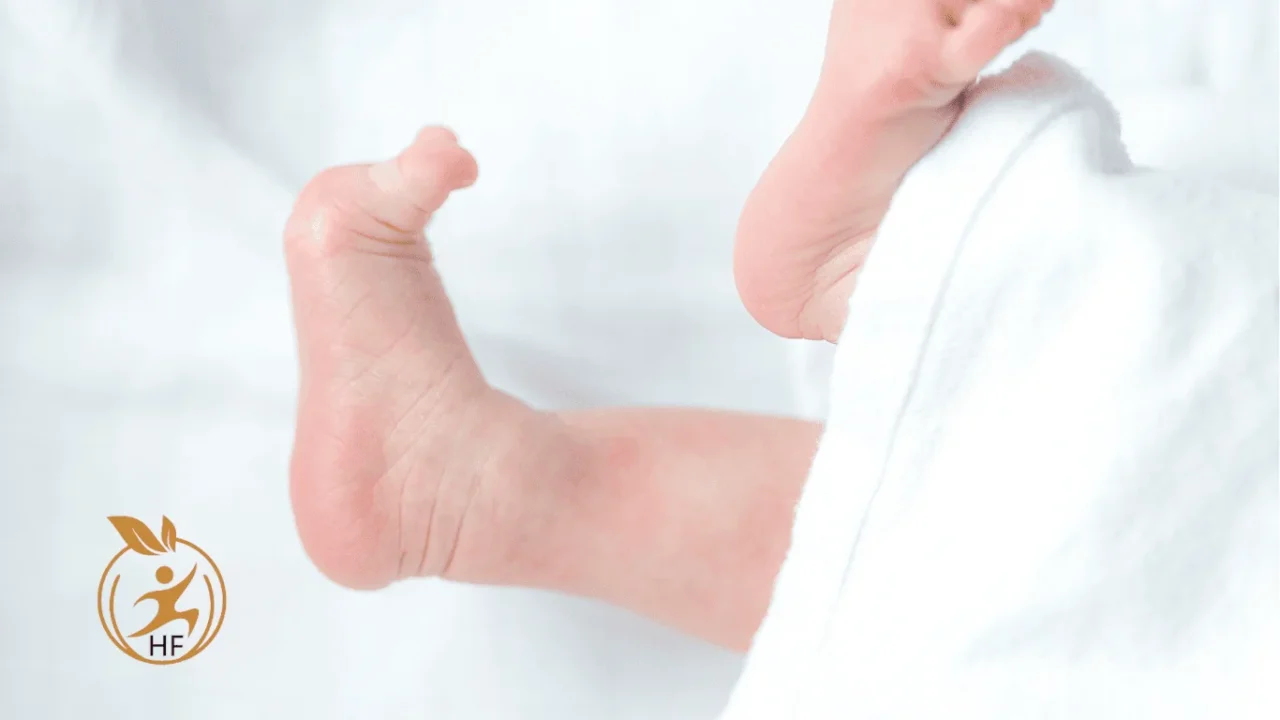
Another significant aspect of geriatric pregnancy is the heightened risk of chromosomal abnormalities in offspring, particularly Down syndrome. As women age, the likelihood of chromosomal errors during conception increases, leading to a higher prevalence of genetic disorders in newborns. Screening techniques like amniocentesis and chorionic villus sampling are frequently recommended during early pregnancy to identify potential anomalies. These screenings enable expecting mothers to make informed decisions and receive appropriate medical care as needed.
Fertility Challenges and Assisted Reproductive Technologies
The onset of geriatric pregnancy frequently precedes fertility difficulties; as women age, their ovarian reserve decreases, resulting in lower fertility rates and a greater need for assisted reproductive technologies (ART) such in vitro fertilization (IVF). While ART offers hope to many couples facing infertility, it also comes with its own set of risks and complications, including multiple gestations and pregnancy-related complications.
Medical Management and Prenatal Care
Given the heightened risks associated with geriatric pregnancy, comprehensive prenatal care and vigilant medical management are essential. Expecting mothers should receive regular prenatal check-ups, including screenings for gestational diabetes, hypertension, and fetal abnormalities. Additionally, lifestyle modifications such as maintaining a healthy diet, engaging in regular exercise, and avoiding harmful substances like tobacco and alcohol can help mitigate certain risks and promote overall maternal and fetal well-being.
Psychosocial Considerations and Support
Beyond the physical challenges, geriatric pregnancy can also bring about unique psychosocial stressors for expecting mothers and their families. Women may grapple with feelings of anxiety, guilt, or societal judgment surrounding their decision to delay childbirth. Providing adequate emotional support and resources, including counseling services and peer support groups, can help alleviate these concerns and foster a positive pregnancy experience.
In conclusion, while geriatric pregnancy presents its share of challenges and complications, with proper medical care, support, and planning, women can successfully navigate this journey and achieve healthy outcomes for themselves and their babies. By understanding the risks associated with advanced maternal age and taking proactive measures to mitigate them, expecting mothers can embark on their pregnancy journey with confidence and peace of mind.
